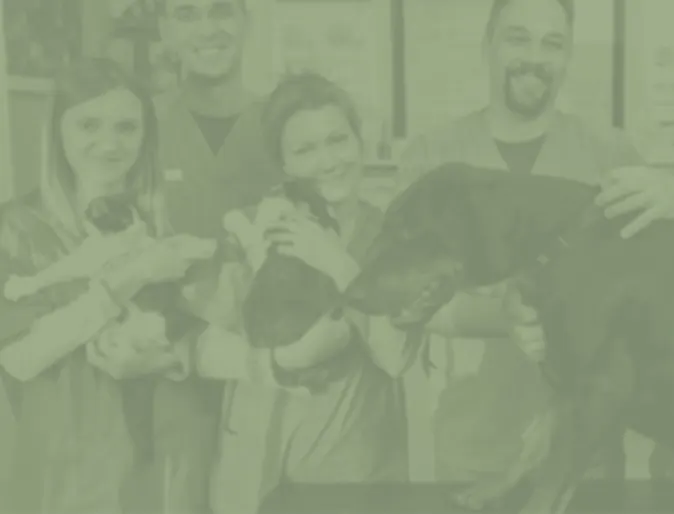Virginia Veterinary Centers




Urgent Care
Available for pets needing to see a veterinarian after normal office hours but not requiring a visit to the ER. Avoid long wait times and consider seeing our Urgent Care Service!

Emergency
Our emergency team is here for you when you need us, including all overnight, weekend, and holiday emergencies. To find your nearest VVC location, click below.

Client Registration
If your pet is in need of care, please complete a Client Registration Form. Contact us if you have any questions.
Client Reviews & Testimonials
Midlothian Location
From the moment I called about my pet's emergency to the time we left, your staff was exceptional. They even offered to stay late to take care of my pup. Really explained what the treatment options were and what was recommended. Everyone was really kind.
Carla
Fredericksburg Location
The staff saved Nacona yesterday. I can't say enough about them and the care he got. The personal touch your staff has, Nacona wasn't just about money. I can’t say enough for them! This has been a 3 month long stretch from 3 other vets to here. I wish I had found them the first time.
Tina
Richmond Location
Everyone I encountered was professional and courteous and very helpful. The wait time was not out of the ordinary for a walk-in customer and I was extremely happy with the work and council given about what my puppy was dealing with. Thank you all very much and I'm so happy to have a well run place like yours within my neighborhood.
Brian
